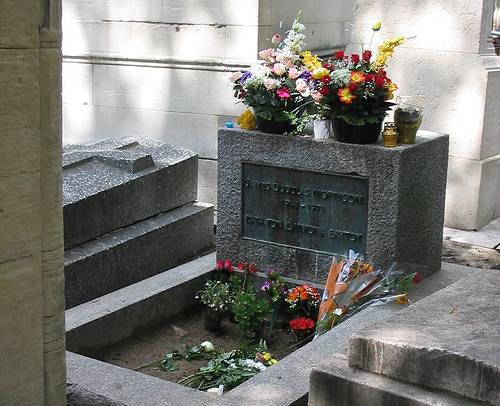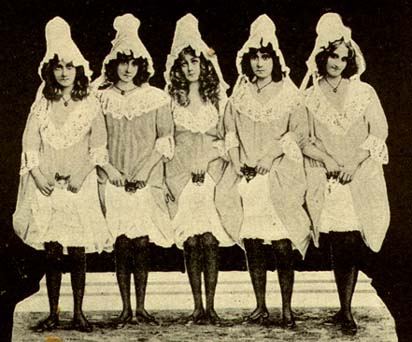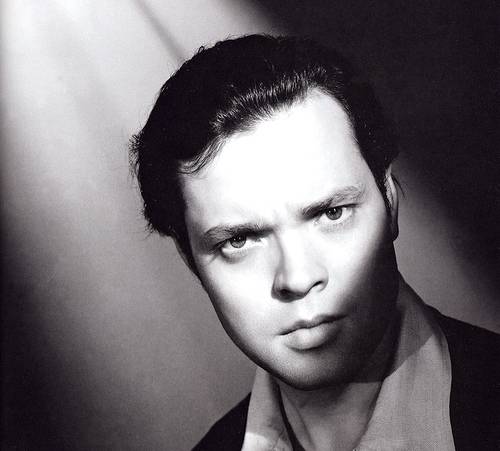
Jim Morrison’s grave, in Paris. Officially, the Doors frontman died on July 3, 1971, but some questions remain. For one thing, no autopsy was performed; a French physician attributed his death to heart failure on the advice of Morrison’s wife, who was the only one to see the body (and who died herself a few years later). When The Doors’ manager arrived, Morrison’s body was already in a sealed casket.
Beyond that, it’s known that Morrison was tired of fame and had told his bandmates that he wanted to fake his own death. Short of an exhumation, we’ll never know for sure, but Doors keyboard player Ray Manzarek has said, “If there was one guy that would have been capable of staging his own death — getting a phony death certificate and paying off some French doctor … and putting a 150-pound sack of sand into a coffin and splitting to some point on this planet — Africa, who knows where — it is Jim Morrison who would have been able to pull it off.”




